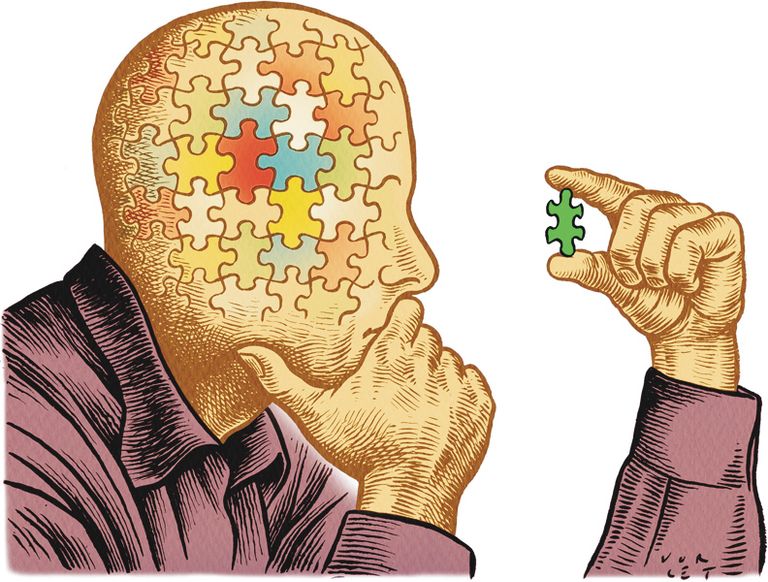Critical thinking is a practice that helps us determine whether or not an information is true or false. It is a systematic process of examining statements and data to derive a conclusion. Our point of view can influence how we understand a given situation, so critical thinkers examine a range of points of view in order to form an informed opinion. They use a number of different procedures, including asking questions, making judgments, and identifying assumptions.

Essentially, critical thinking involves looking at controversial claims, questioning cherished ideas, and exploring alternative viewpoints. It involves seeking truth and exposing false beliefs and assumptions. It also requires the application of universal principles and the vigor to challenge even our most cherished beliefs. Therefore, critical thinking is an essential tool in our search for truth. It can help us distinguish between what we truly believe and what is just an illusion.
Some religious people may be wary of applying critical thinking to their religious beliefs. However, Diane Halpern says that critical thinking does not have negative connotations, and that we should apply it to every situation we face. The goal of critical thought is to evaluate and judge situations and provide useful feedback. So, we should not be afraid of using this skill. Just remember to take advantage of all the advantages that critical thinking can bring to our lives.
Critical thinking is a valuable tool for discerning truth and error. It is not meant to be a criticism of religion. It is simply an opportunity for us to learn more about the truth and avoid false beliefs. It is a tool for learning the truth. We must use it to our advantage. So, how much faith do you put into critical thinking?, and where do you need to put it?
The best part of critical thinking is the ability to discern truth from error. It can help us understand the value of a particular idea or concept and make better choices. By doing this, we can make the world a better place. We should be critical of the things we believe in. This is how we can find the truth in anything. In short, we should apply critical thinking to the things we believe in.

Critics of religion might be wary of critical thinkers who challenge their religious beliefs. While there are many benefits to critical thinking, the most common reason to do it is to discover truth. For example, critical thinking can help you determine if something is true or not. In other words, it can help us learn to evaluate a particular idea. But, in some cases, there are no absolutes.